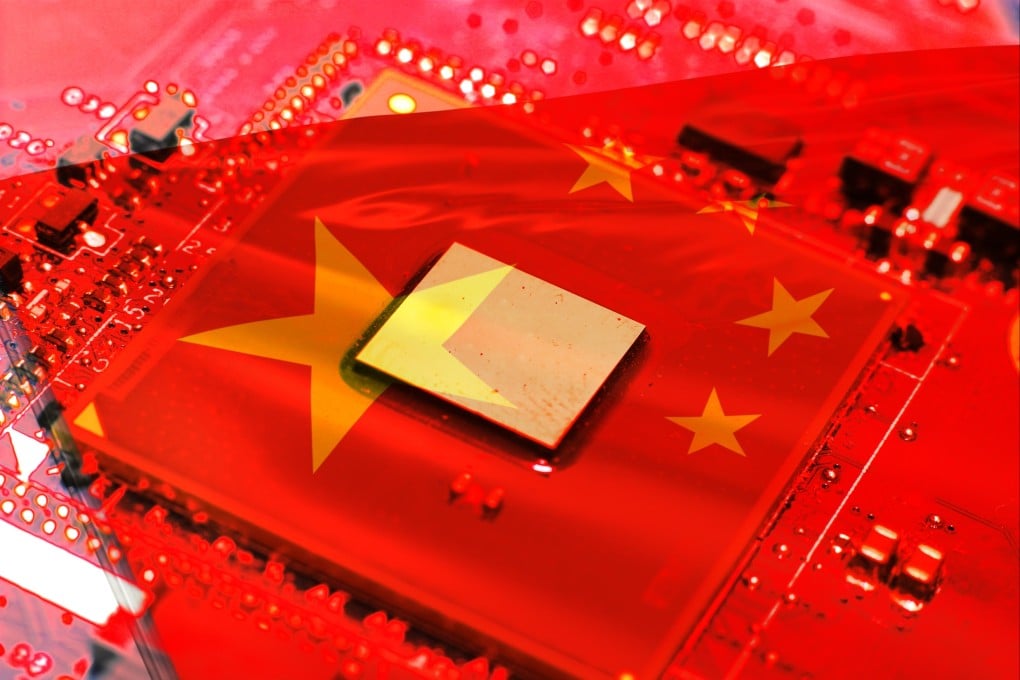Tech war: China’s embattled semiconductor sector sees first signs of relief from US sanctions
- Alan Estevez, head of BIS, said at an event in Washington on Tuesday that the US was ‘seeing better behaviour’ from the Chinese companies
- The Post previously reported that a BIS official in Beijing planned to visit Wuhan, where three of the listed entities – including YMTC – are based

China’s embattled semiconductor industry is seeing some signs of relief from US export restrictions, a development that may temper further escalation of the tech war between the world’s two largest economies, even as Washington maintains its overall intent to curb Beijing’s chip ambitions.
The US Commerce Department’s Bureau of Industry and Security (BIS) has refrained from adding 128 Chinese entities to a trade sanction list, including any of the latest batch of 31 added to a watch list on October 7. The entities were given 60 days to prove they were not supplying products to the Chinese military.
Alan Estevez, Under Secretary of Commerce for Industry and Security, declined to provide specific information on the 31 Chinese entities at an event in Washington on Tuesday, but he did say the US was “seeing better behaviour”.
